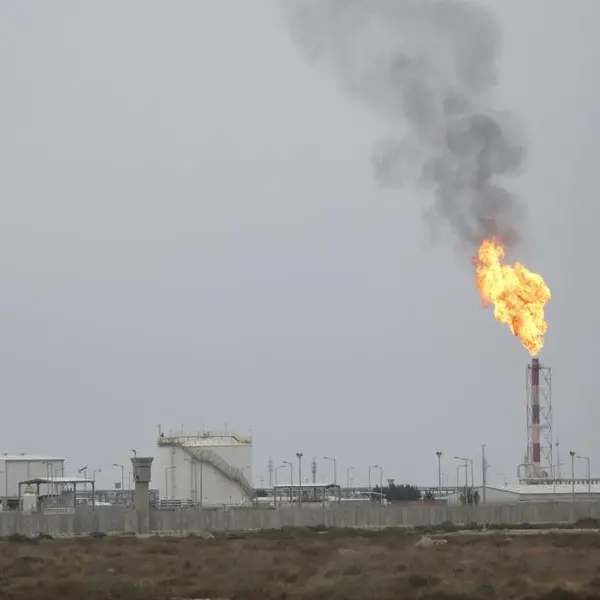Baker McKenzie partners in Johannesburg discuss key trade and investment trends in Africa, and what can be expected in 2022.
Mergers and acquisitions
Last year was a difficult year for investors in Africa, with considerable uncertainty. Pandemic impacts had a depressant effect on numerous sectors and many deals had to be postponed as a result. The boost in M&A deal value in 2021 was, in part, due to a post-Covid boom, where last year’s postponed deals were able to proceed.
The African Continental Free Trade Area (AfCFTA) has led to increasing investor interest in sub-Saharan Africa as new markets open and cross border transactions become more streamlined. China’s ongoing interest in Africa, a commitment from the European Union to strengthen partnerships with Africa, the United Kingdom’s new Economic Partnership Agreements and a renewed reciprocal trade focus from the United States, have contributed to improved investor sentiment across the region.
The growth of the digital economy across the continent has naturally been accelerated by the pandemic and this unabated demand for technology has caused extensive cross-sector disruption in Africa, with the financial, energy, transport, retail, health and agricultural sectors all seeking opportunities to expand their tech infrastructure to acquire the necessary skills and innovation needed to keep up with demand. Fintech is also a popular sector for investment across Africa and specifically in South Africa, Kenya and Nigeria, with health-tech, mobility and agritech also attracting growing interest.
Expanding access to quality healthcare services and increasing domestic pharmaceutical manufacturing capacity is dominating Africa’s healthcare sector and investment is following in support of these objectives. Covid-19 caused as massive spike in the already increasing demand for affordable healthcare, with technology-focused models, which allow for easier access to medical advice and care, already having begun easing the constraints of the traditional delivery model across Africa, before the pandemic.
Trade – AfCFTA
To-date, 38 countries in Africa had ratified the AfCFTA agreement and 54 countries had signed it, with only Eritrea outstanding. The first shipment of goods under AfCFTA took place in January 2021 and most signatories have now submitted their proposed rules of origin. The introduction of the African Virtual Trade-Diplomacy Platform allowed parties from across many different timelines to meet in a secure online environment - speeding up negotiations across vast regions, housing many cultures, languages and legal frameworks. The streamlining of cross border trade and the free movement of goods across the continent is expected to take off in Africa in the coming years.
Trade finance
Trade uncertainty in Africa was exacerbated by the impact of the pandemic, which resulted in a twin supply-demand shock - supply was affected by mass production shutdowns and supply chain blockages and demand for products from Africa decreased. For example, the global demand for commodities such as steel and copper from Africa was markedly reduced during the pandemic. As a result, financial institutions and traders had to adapt and restructure transactions, and there have been some casualties. Further, oil rich countries in Africa that were badly affected by the global oil price crash have not yet recovered. However, Africa is showing signs of revival, mostly due to international traders who have spotted opportunities in the continent.
Yet, the African commercial banking sector is suffering a serious lack of liquidity and access to credit is hard to come by for new ventures. This is despite AfCFTA and the African Export-Import Bank’s initiative to support countries suffering tariff losses due to AfCFTA, as well as the African Development Bank and the World Bank implementing Covid-19 debt relief measures. The liquidity problem could be addressed by the funding of trade value chains, with collaboration needed between regional, and local banks, export credit agencies, development finance institutions and export credit providers. Alternative finance and blended solutions are expected to grow in popularity as a way to de-risk deals and support a broader ecosystem of lenders.
Supply chains
There were massive breakages in key links in global trade supply chains in the last year, with issues including route congestion and blockages, manufacturing shutdowns, a deficit of skilled labour, a global shortage of key logistics components, a lack of space in warehouses, a spike in transportation costs and substantially increased demand for goods around the world, post-lockdown. As a result, countries have been looking at ways to relink broken chains. Last year, the African Union African Peer Review Mechanism 2020 highlighted Africa’s supply chain challenges and overreliance on foreign trade and suggested that the continent boost its manufacturing capacity to build a strong African supply chain that could not be weakened by global blockages.
Our recent report, A License to be Bold: Transforming Industrials outlined areas of post-pandemic focus for supply chains in the IMT sector, which included being able to adapt to new markets, embrace digitalisation and enable the disruption-proofing of supply chains. The report noted that disruption arising from Covid-19 accelerated trends already apparent in the industrials market, particularly digitalisation and trade volatility, and transformation has now gone from a “nice to have” to a necessity.
All rights reserved. © 2022. Bizcommunity.com Provided by SyndiGate Media Inc. (Syndigate.info).




















